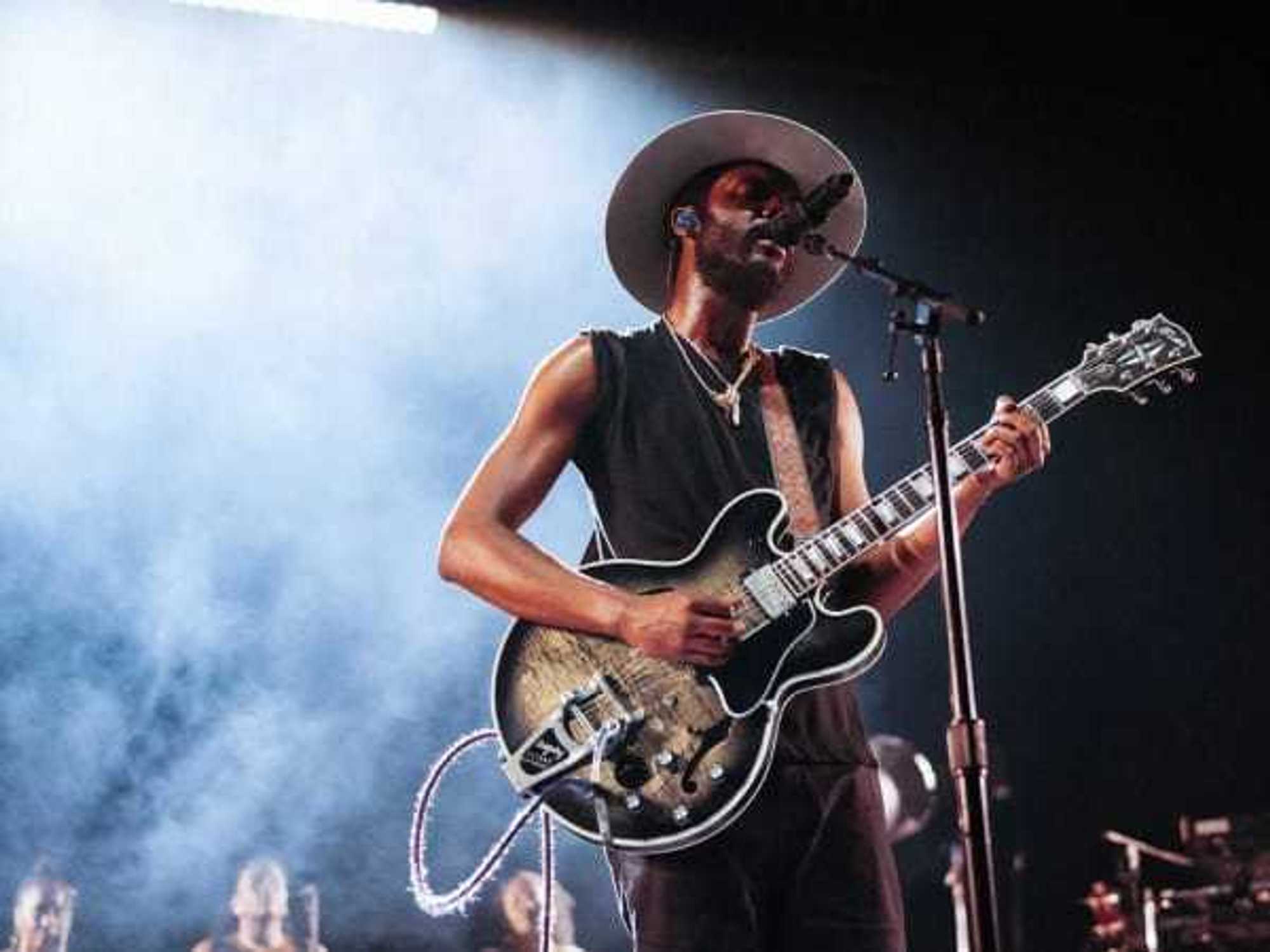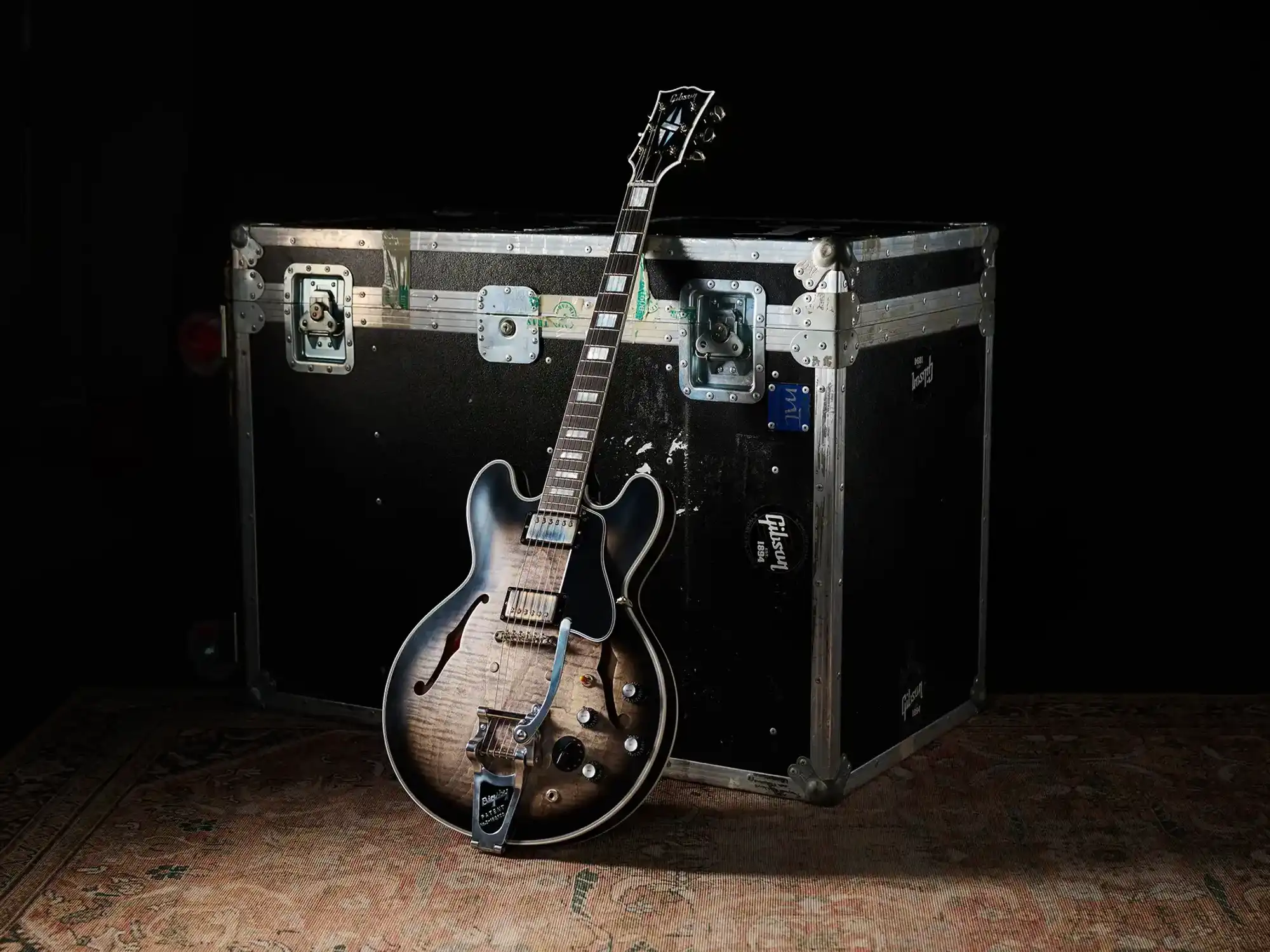Rare Birds
Cool jazz gets its day: Thomas Helton aims to avoid the ordinary with legendstribute
Houston bassist and composer Thomas Helton leads a quartet Friday at Cezanne's in a tribute to the musical legacies of Paul Desmond and Gerry Mulligan.
With Warren Sneed on alto saxophone, Martin Langford on baritone saxophone and Bobby Adams on drums, Helton will pay homage to the two iconic figures of "cool jazz," a musical style that came into being just after World War II and continued through the late 1950s.
Langford and Adams were both part of Helton's "Birth of the Cool" nonet, another tribute project that brought the 1957 Miles Davis and Gil Evans recording to life with live performances of the original charts by some of Houston's finest musicians.
Helton has also presented tributes to other jazz icons, including Clifford Brown and Charles Mingus, revisiting artists and repertoire that have profoundly affected his musical development.
Fans of Helton's scorching sets with some of the city's avant-garde musicians — including The Core Trio, with saxophonist Seth Paynter and drummer Richard Cholokian — or his experiments in minimalism and chamber music with his Torture Chamber Ensemble might be surprised by his reverence for jazz, a word that some believe is irrelevant in the 21st century.
Helton will pay homage to "cool jazz," a musical style that came into being just after World War II.
Helton begs to disagree.
"When I think of (the word) jazz, I immediately think of all the greats that have come before me," he says. "I am honored to be involved with — and hopefully contribute to — this amazing American art form."
Paying Tribute
So how do you pay tribute to another musician? Is imitation the highest form of flattery? Or, in a musical world as complex and individualistic as jazz are there other routes you take to avoid a bland sort of homage?
"For this performance," Sneed says, "I'll be thinking more in terms of the vibe these groups had and will try to incorporate some of the musical devices used on those recordings, such as soloing in a melodic, sing-able style, leaving plenty of space, perhaps occasionally playing a background figure behind the other soloists, and maybe some soloing together with Martin.
"At the same time, I'll strive to have my own personal sound come through the music. One of my musical philosophies is to keep my personal sound while fitting in to whatever musical style I'm playing."
Alto saxophonist Desmond's personal sound, a lovely yet melancholic alto tone, is one of the most identifiable in jazz thanks, in part, to the 1959 hit "Take Five," which he composed as a member of The Dave Brubeck Quartet.
Fans of Helton's scorching sets with some of the city's avant-garde musicians might be surprised by his reverence for jazz.
Known for his droll humor and quick intellect, Desmond, who titled his unpublished autobiography How Many of You Are There in the Quartet?, impressed musicians as diverse as Charlie Parker (who Desmond interviewed for radio in 1954) and Anthony Braxton as a unique and unpredictable soloist.
"His genius was that he was able to improvise on the spot in a melodic style," Sneed says, "with just the right amount of unexpected twists and turns."
Mulligan, who played on, composed and arranged some of the music for the aforementioned Birth of the Cool, strove to introduce new avenues for the inner voices of jazz — that is, the lines in between top melody and bass lines.
You can hear this in the combined voices of horns and woodwinds in his composition "Venus de Milo," where the rhythmic placement of lengthy yet truncated melodic phrases and unexpected shifts in the harmony create a form that seems to be constantly morphing, like sudden twists to a kaleidoscope.
The innovative big-band writing of Duke Ellington and Billy Strayhorn, as well as the orchestrations of Maurice Ravel and Sergei Rachmaninoff had a profound influence upon this era's exploration of chord voicing and counterpoint.
Like Desmond, Mulligan had an immediately identifiable sound that moved and inspired his fellow musicians. "Personally, what drew me to Mulligan many years ago was the beautiful way he played the baritone saxophone," Sneed says. "Such a beautiful, light tone and cool, thoughtful lines."
Birds of a Different Color
Regarding the word "jazz," Helton admits: "The term is helpful and harmful. With the over-commercialization of music, the term is being used to compartmentalize the music. Although it may help lay people to connect to a genre of music, I think it limits people's perception of it and its large scope."
However, you, dear reader, are different. You are a bird of a different color. You are not interested in policing music or your mind. You want to hear and feel as much music as you can in a lifetime, for how else will you know what your soul sounds like?
Then again, maybe you just want to enjoy a glass of wine or two and dig an evening of standards played in the "cool style." Thanks to Helton and company, our synapses will fire regardless of whatever expectations you bring to the proverbial table at Cezanne's Friday night.
Thomas Helton, on bass, will lead Warren Sneed on alto sax, Martin Langford on baritone sax and Bobby Adams on drums from 9 p.m. to midnight Friday at Cezanne. Cover is $10.


 Take a closer look at the aged nickel finish on the pickups that give the brand-new guitar a vintage feel.
Take a closer look at the aged nickel finish on the pickups that give the brand-new guitar a vintage feel.